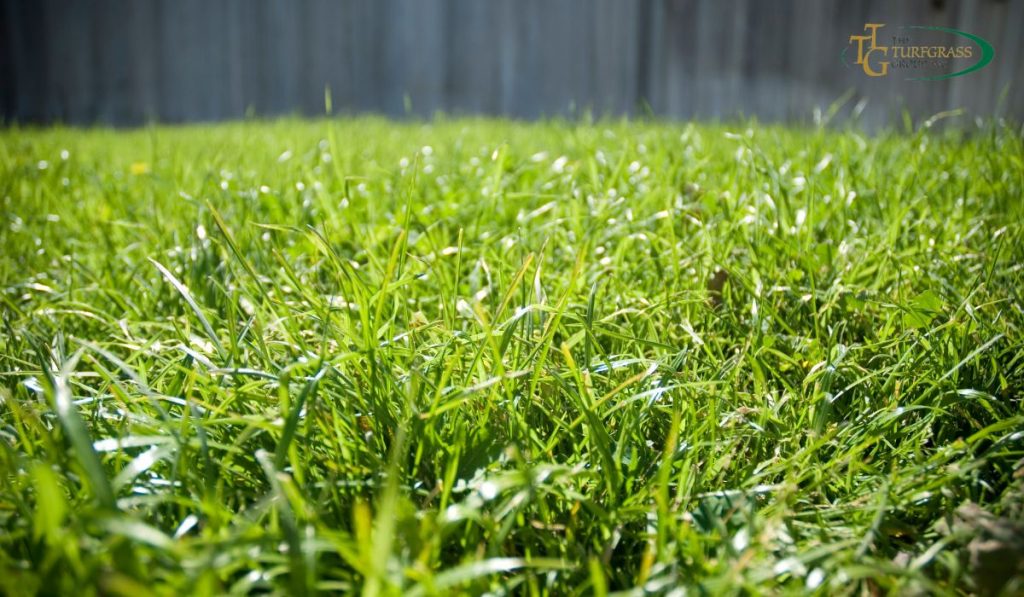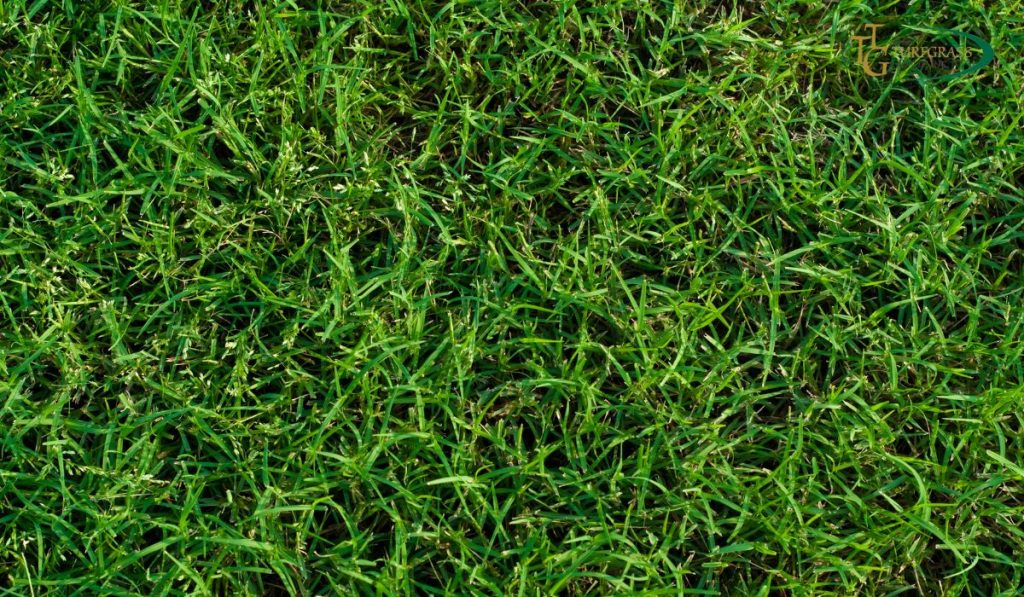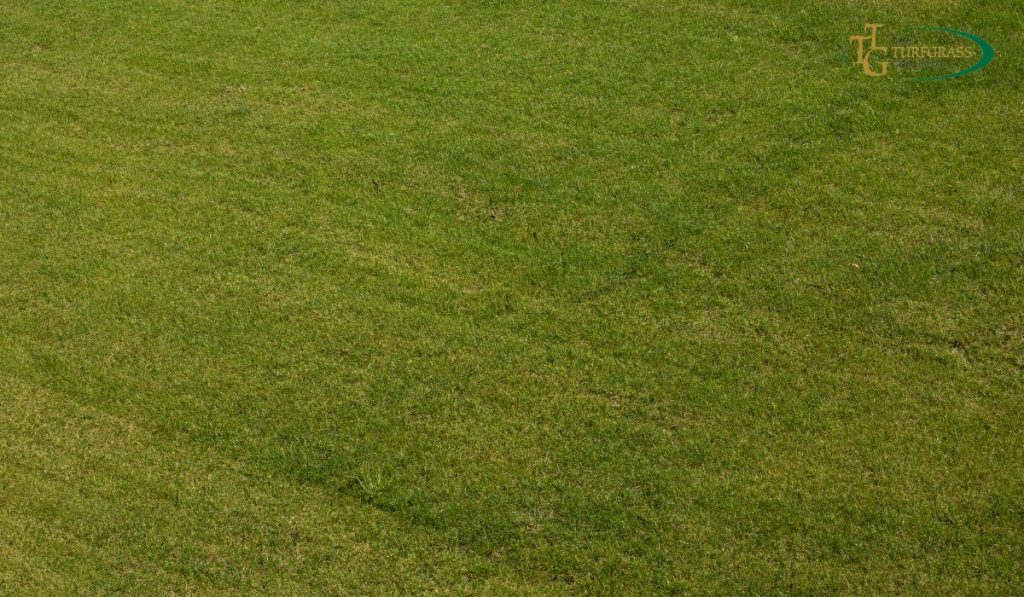
Winter dormancy in Bermudagrass is a crucial phase in the life cycle of this warm-season grass.
It’s a period when the grass goes dormant to conserve energy and protect itself from harsh winter conditions.
Proper care during this time is essential to ensure a healthy and vibrant lawn when spring arrives.
In this article, we’ll explore the do’s and don’ts of winter dormancy in Bermudagrass to help you maintain a lush lawn year-round.
Understanding Bermuda grass Dormancy
Before delving into the do’s and don’ts, it’s essential to understand what happens to Bermuda grass during winter dormancy.
Bermudagrass, a warm-season turfgrass, thrives in hot and sunny conditions.
However, as temperatures drop during the winter months, Bermudagrass enters a period of dormancy.
This dormancy is a survival strategy to conserve energy and protect the grass from the cold.
The Do’s
Now, let’s look at what you should do to ensure your Bermuda grass stays healthy during winter dormancy.
Overseeding with Cool-Season Grasses
Consider overseeding with cool-season grasses like ryegrass.
This can help maintain green coverage throughout the winter months when Bermudagrass is dormant.
Fertilize Appropriately
Apply a balanced, slow-release fertilizer in the late fall to ensure the grass has adequate nutrients to sustain itself during dormancy.
Mow at the Right Height
Gradually lower the mowing height in the weeks leading up to winter, but never scalp the grass.

Shorter grass is less prone to snow mold and other winter diseases.
Keep the Lawn Clean
Remove leaves, debris, and other clutter from your lawn.
This allows air and sunlight to penetrate, preventing fungal issues.
Control Weeds
Address any weed problems before winter sets in.
Weeds can compete for nutrients and weaken your Bermudagrass.
The Don’ts
Equally important are the things you should avoid during Bermudagrass winter dormancy.
Don’t Fertilize Excessively
While fertilization is essential, avoid excessive nitrogen application during dormancy.
This can lead to weak growth and susceptibility to diseases.
Avoid Heavy Foot Traffic
Try to minimize foot traffic on your dormant Bermudagrass.
The grass is more fragile during this period and can be easily damaged.
Don’t Water Heavily
Reduce watering frequency during dormancy.
Too much moisture can encourage disease development in the cold, wet conditions.
Stay Away from Herbicides
Avoid using herbicides during winter dormancy.
Bermudagrass is not actively growing, and herbicides may harm it.
Conclusion
In conclusion, understanding the do’s and don’ts of winter dormancy in Bermudagrass is essential for maintaining a healthy lawn.

Proper care during this period ensures that your Bermudagrass will bounce back vigorously when spring arrives, giving you a lush and vibrant lawn.
By following these guidelines, you can enjoy a beautiful lawn year-round.
FAQs
Is it necessary to overseed with cool-season grasses for winter dormancy?
Overseeding with cool-season grasses is not mandatory, but it can help maintain green coverage during the dormant period.
Can I mow my Bermudagrass lawn during winter dormancy?
You can mow your Bermudagrass lawn during dormancy, but do so at a lower height and avoid scalping.
Should I water my Bermudagrass lawn in winter?
Reduce watering during winter dormancy, as excessive moisture can lead to disease issues.
Can I use herbicides on dormant Bermudagrass?
It’s best to avoid herbicides during winter dormancy, as Bermudagrass is not actively growing and may be more sensitive to chemicals.
When should I fertilize my Bermudagrass for winter dormancy?
Apply a balanced, slow-release fertilizer in late fall to provide nutrients for the grass during dormancy.
Can I apply mulch to my Bermudagrass lawn during winter dormancy?
Mulching is generally not recommended for Bermudagrass during dormancy, as it can trap moisture and promote disease. It’s best to keep the lawn clear of debris.
How can I prevent snow mold on my dormant Bermudagrass lawn?
To prevent snow mold, ensure your lawn is free of excess thatch and debris before winter. Additionally, avoid heavy nitrogen fertilization in the late fall, as this can increase the risk of snow mold.
Should I aerate my Bermudagrass lawn before winter dormancy?
Aeration can be beneficial for Bermudagrass, but it’s best done in the late spring or early summer when the grass is actively growing. Aeration during dormancy may not yield the same benefits.
Can I apply herbicides for weed control in early spring when Bermudagrass is still dormant?
It’s advisable to wait until Bermudagrass breaks dormancy before applying herbicides. Applying herbicides too early can potentially harm the grass.
Are there specific varieties of Bermudagrass better suited for winter dormancy?
Yes, some varieties of Bermudagrass, such as “Tifway 419” and “Celebration,” have better cold tolerance and may perform better during winter dormancy in regions with colder climates.